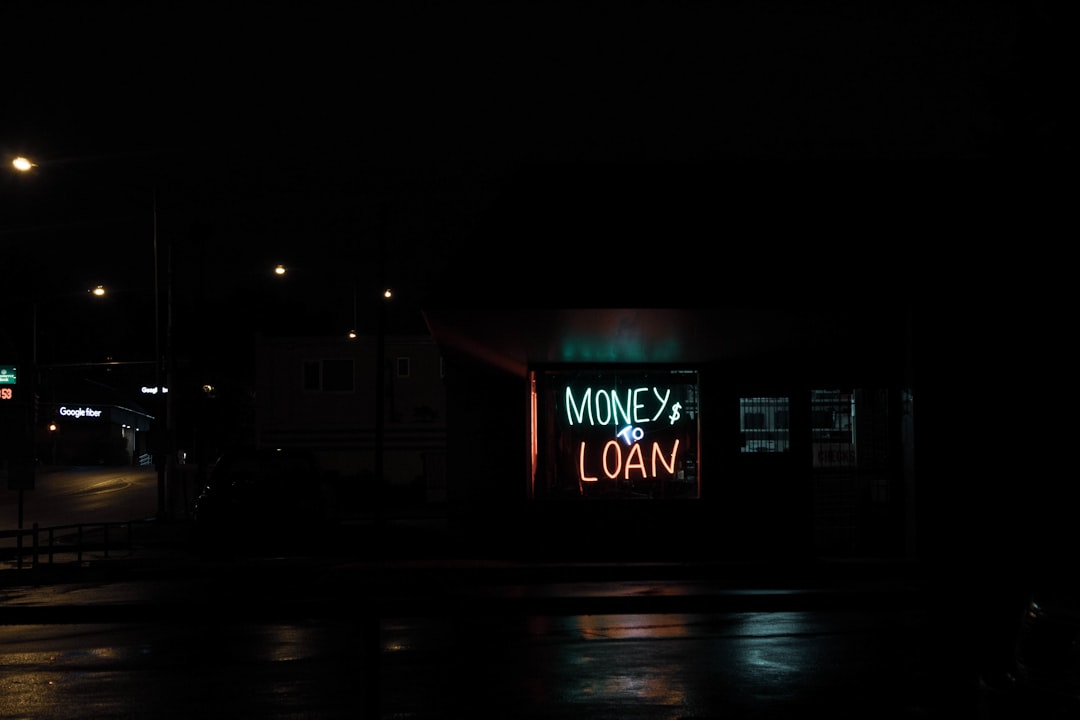When considering a 10k Debt Consolidation Loan, secured loans using assets as collateral offer lower rates and favorable terms, while unsecured loans provide flexibility without collateral but with higher interest rates. Secured options are ideal if you have an asset to pledge, but losing it upon default is a risk; unsecured loans are better for short-term goals or unexpected expenses, avoiding potential asset forfeiture.
Looking to consolidate debt with a 10K loan? Understand the core distinction between secured and unsecured options before you borrow. Secured loans, backed by collateral like property, offer lower rates but stringent requirements. Unsecured loans provide flexibility, as they don’t demand collateral, but come with higher interest rates. This article breaks down these concepts, focusing on scenarios like a 10K debt consolidation loan, to help you choose the best financing option for your situation.
- Understanding Secured Loans: Unlocking Property-Based Financing
- Unsecured Loans: Accessing Credit Without Collateral
- Comparing Options: 10K Debt Consolidation Loan Scenarios
Understanding Secured Loans: Unlocking Property-Based Financing

Secured loans are a form of financing that requires borrowers to put up collateral, typically real estate or valuable assets like cars or investments. In the case of a 10k Debt Consolidation Loan, secured loans offer an attractive option for individuals looking to consolidate high-interest debts. By using property as security, lenders are more willing to extend credit at lower interest rates, making it a cost-effective solution for borrowers. This type of loan provides a safety net for lenders in case the borrower defaults, as they have the legal right to seize and sell the collateral to recover their losses.
This property-based financing structure benefits borrowers by potentially saving them money on interest payments over the life of the loan. It also often results in more favorable repayment terms and conditions compared to unsecured loans. With a secured 10k Debt Consolidation Loan, individuals can streamline their debt management while leveraging the value of their assets as security.
Unsecured Loans: Accessing Credit Without Collateral

Unsecured loans offer an attractive option for borrowers looking to access credit without putting up any collateral. This type of loan is a popular choice for various financial needs, including 10k debt consolidation loans, as it provides flexibility and convenience. When you take out an unsecured loan, the lender trusts that you will repay the amount borrowed based on your creditworthiness and personal or business finances. There’s no need to offer assets as security, reducing the risk for borrowers but potentially resulting in higher interest rates compared to secured loans.
These loans are ideal for short-term financial goals or when you need quick cash for unforeseen expenses. Lenders conduct a thorough credit check to assess your repayment ability, making it crucial to maintain a good credit score before applying. Unsecured loans provide an opportunity for individuals and businesses to access funds without the added pressure of potential asset forfeiture in case of default.
Comparing Options: 10K Debt Consolidation Loan Scenarios

When considering a 10K debt consolidation loan, it’s crucial to understand the options available, especially the contrast between secured and unsecured varieties. Secured loans require collateral—an asset like a house or car—to back the loan, offering potentially lower interest rates due to reduced risk for the lender. Unsecured loans, on the other hand, don’t demand collateral but come with higher interest rates as the lender bears the greater risk.
For a 10K debt consolidation scenario, secured loans could be appealing if you own a valuable asset that can serve as collateral. While it may provide better terms and lower monthly payments, losing the asset if you default is a significant consideration. Unsecured 10K debt consolidation loans, while riskier for the lender, offer greater flexibility since no collateral is required. However, they usually come with higher interest rates and could result in higher overall repayment costs over time.
When considering a 10K debt consolidation loan, understanding the distinctions between secured and unsecured options is key. Secured loans, backed by collateral like property, offer lower interest rates but carry the risk of asset forfeiture. Unsecured loans, lacking collateral, provide flexibility but generally come with higher interest rates and stricter borrowing limits. After weighing these factors, individuals can make informed decisions tailored to their financial needs, ensuring the best possible outcome for their 10K debt consolidation journey.
